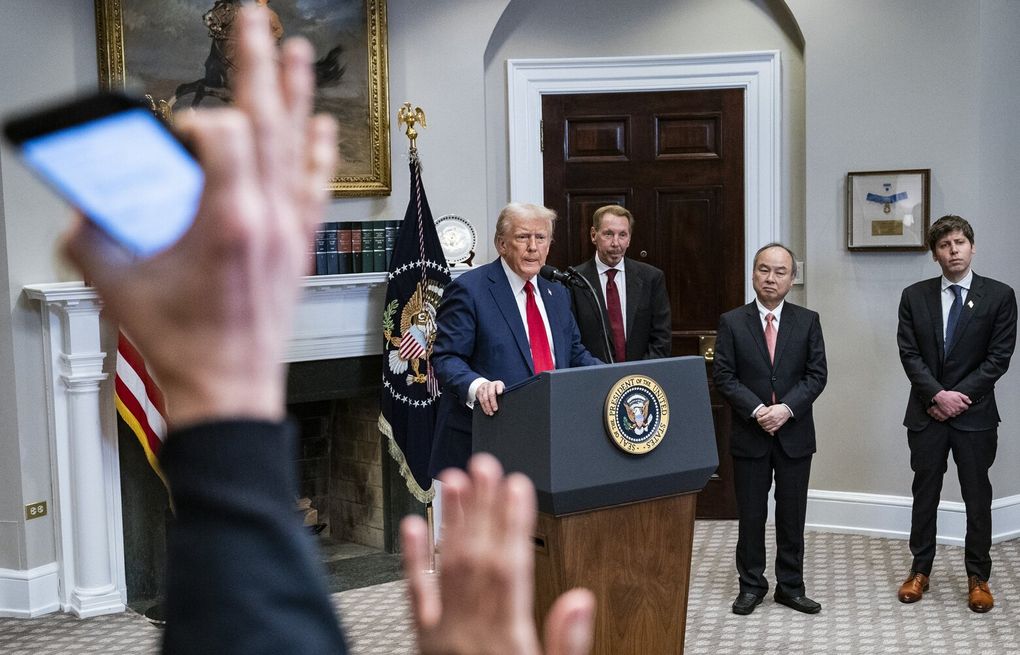
Emboldened by Trump, artificial intelligence companies lobby for fewer rules
- 24.03.2025 14:30
- seattletimes.com
- Keywords: AI, Lobbying
AI companies are pushing for less regulation under Trump, seeking tax breaks and easier data access while opposing copyright restrictions.